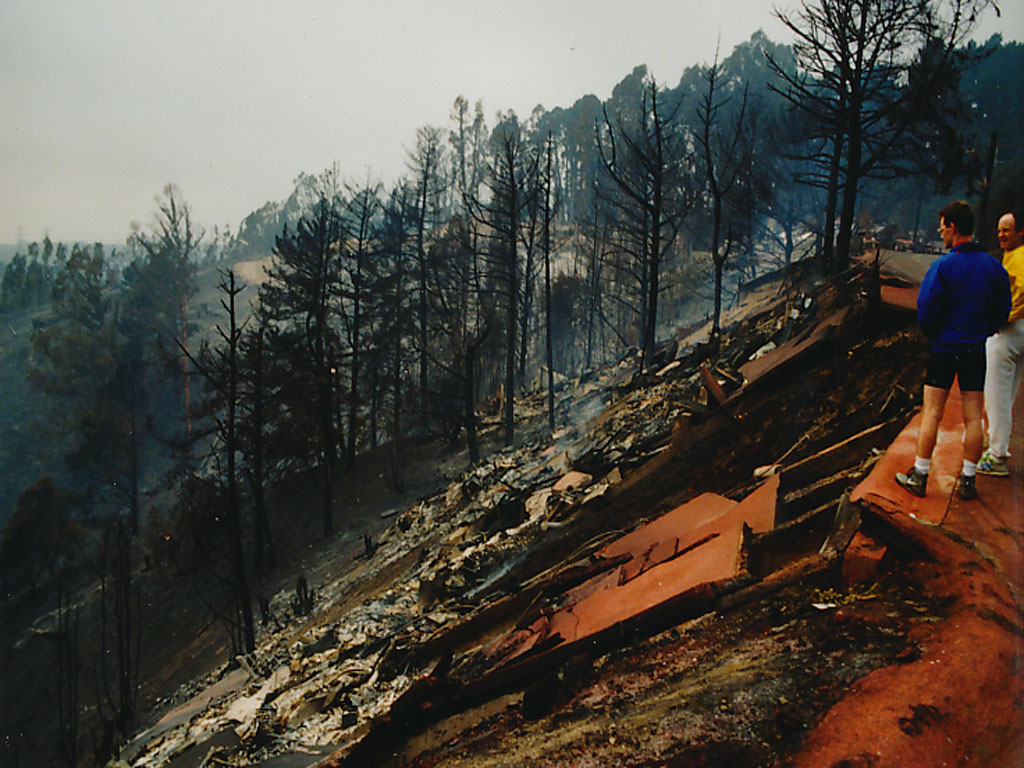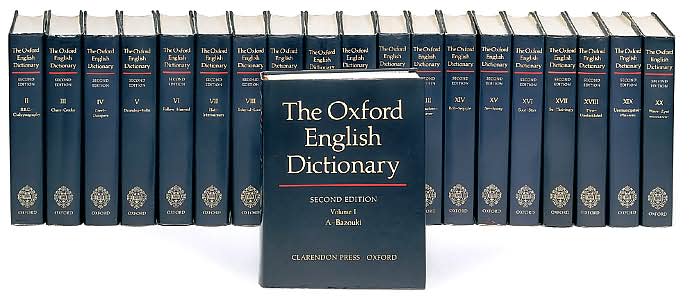Over the last few days, I've been in Portland, Oregon cleaning out my mother's storage unit. It was not a solitary task; I was joined by my wife, a nephew and his two grown kids. Going through boxes and boxes of kitchen items, medical records, old trays of slides and clothes was "a task". Some of the things I hadn't seen for decades (I had hair in high school!). But as we decided what to keep and what needed to go to charity, we found plenty of things that had stories behind them. And it wasn't even "things" that had stories. My grand-niece asked of us all, "Does anyone else think that the whole storage facility smells like Mor-mor?"* So whether aromas, old snapshots or holiday-related kitchen utensils, we had cause to remember a LOT.
Sure, the memories weren't always the best, or most flattering. While, as a son, I could recall wonderful family vacations, I could also recall those times when I needed, well, "correction". And although road-trips to the Oregon Coast or Mt. Hood were usually enjoyable, the rather odd "tradition" of having our picnic on the hood of the car--whether windy or rainy (almost the norm in Oregon)--has become somewhat of a family joke. But those experiences, and the memories of them--especially as evoked by physical objects, have had a role in making me and my companions this week the people we are. And those shared experiences bind us together.
As I thought about the stuff in the back of the truck as I drove to the charity, I realized how much of our religious traditions are rooted in memory. As I write this, we are in the middle of Hanukah, a celebration recalling a miracle that happened over 2000 years ago. So many of the surahs in the Quran that from the time that the Prophet was in Mecca stress memory (i.e., "remember what happened to these people") as a foundational necessity. In the Christian traditions surrounding the Holy Communion/Eucharist/Mass, the phrase "remember me" (i.e., Jesus) occurs frequently.
I am often struck by the fact that our sacred texts often recall our ancestors' "falls from grace". That is, they contain accounts of when our forbearers-in-the-faith were not quite so "faith-full". Certainly, those stories may be re-told as "correctional tales". But they also highlight that, at any point of the human journey, even the the best of folk fall short of expectations. Even remembering that can provide some hope.
Memories, good and bad, enjoyable or disastrous, recent or ancient, help form and re-form us as individuals or groups. At our best, we learn from them and move forward. As we stand on the cusp of a new year, we have an opportunity to take stock of many memories of what has brought us to this point, and to imagine how we might use THOSE memories to fashion a brighter future
Sure, the memories weren't always the best, or most flattering. While, as a son, I could recall wonderful family vacations, I could also recall those times when I needed, well, "correction". And although road-trips to the Oregon Coast or Mt. Hood were usually enjoyable, the rather odd "tradition" of having our picnic on the hood of the car--whether windy or rainy (almost the norm in Oregon)--has become somewhat of a family joke. But those experiences, and the memories of them--especially as evoked by physical objects, have had a role in making me and my companions this week the people we are. And those shared experiences bind us together.
As I thought about the stuff in the back of the truck as I drove to the charity, I realized how much of our religious traditions are rooted in memory. As I write this, we are in the middle of Hanukah, a celebration recalling a miracle that happened over 2000 years ago. So many of the surahs in the Quran that from the time that the Prophet was in Mecca stress memory (i.e., "remember what happened to these people") as a foundational necessity. In the Christian traditions surrounding the Holy Communion/Eucharist/Mass, the phrase "remember me" (i.e., Jesus) occurs frequently.
I am often struck by the fact that our sacred texts often recall our ancestors' "falls from grace". That is, they contain accounts of when our forbearers-in-the-faith were not quite so "faith-full". Certainly, those stories may be re-told as "correctional tales". But they also highlight that, at any point of the human journey, even the the best of folk fall short of expectations. Even remembering that can provide some hope.
Memories, good and bad, enjoyable or disastrous, recent or ancient, help form and re-form us as individuals or groups. At our best, we learn from them and move forward. As we stand on the cusp of a new year, we have an opportunity to take stock of many memories of what has brought us to this point, and to imagine how we might use THOSE memories to fashion a brighter future
Blessings,
Gary
* "Mor-mor" is the Swedish term (since my mother was Swedish) for "mother's mother" - in THIS case, for my niece's grandmother's, mother!
* "Mor-mor" is the Swedish term (since my mother was Swedish) for "mother's mother" - in THIS case, for my niece's grandmother's, mother!













